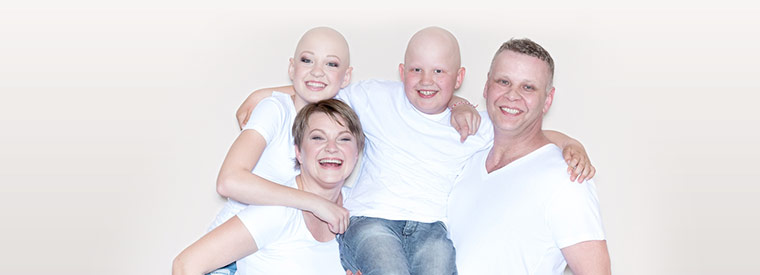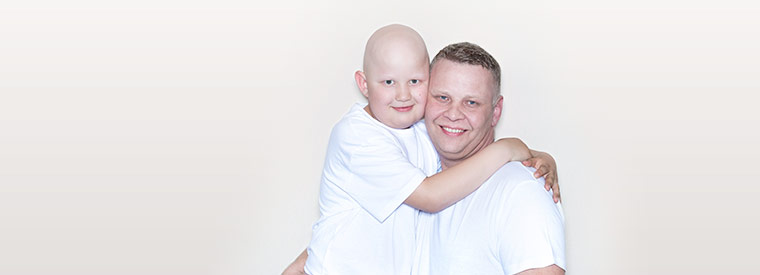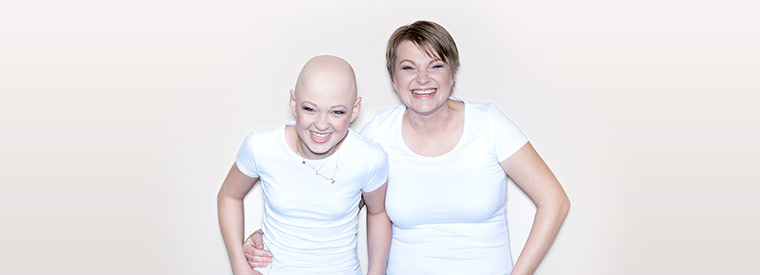Dealing with Alopecia Areata in everyday life
How do I deal with my child’s Alopecia Areata as a mother or father?
Dealing with a child who has Alopecia Areata may be very difficult. The parents of these children should consider two things: children can be more resilient than adults, especially their own parents, may think.
They are generally optimistic and have less experience of being rejected or ridiculed. Children are mainly focused on adults in their environment and especially their parents. When a child realizes that his or her hair loss is a cause of anxiety or sadness for you, he or she may copy these feelings and hide them inside. This does not mean that you should ignore or suppress your own emotions. Rather, parents should realize that fears and feelings of guilt are natural if their children are affected by hair loss and they should seek contact with other affected parents for their own support.
Listening carefully to their child and taking notice of how the child’s outlook affects his or her emotional life, can allow parents to understand their child’s needs and worries better, so they can help their child more adequately, which will eventually improve the overall parent-child relationship. It is important not to forget that the child’s attitude to Alopecia Areata can fundamentally change. If he was able to cope with his hair loss in primary school, it may well be that his teenage years will be very difficult.
How do children react to Alopecia Areata?
Children react differently to Alopecia Areata, not like adults. This is because the way children perceive their environment and their own lives is different from that of adults. However, the child’s individual developmental stages also bring changes into his or her outlook and attitude towards Alopecia Areata. It depends on their age, how children perceive their hair loss and how strongly it influences their life. For this reason, at different ages various problems require parents’ attention in order to be solved.



